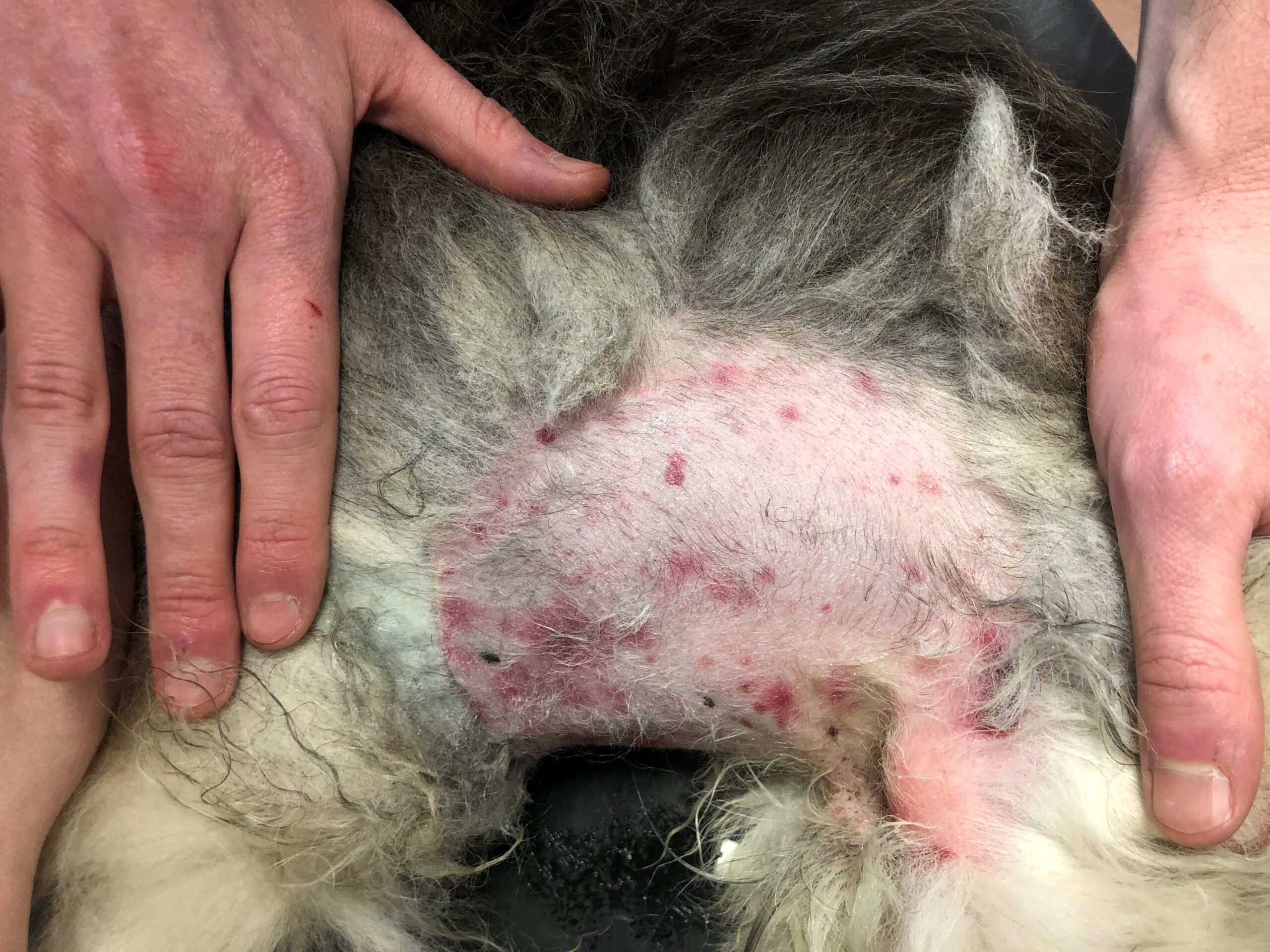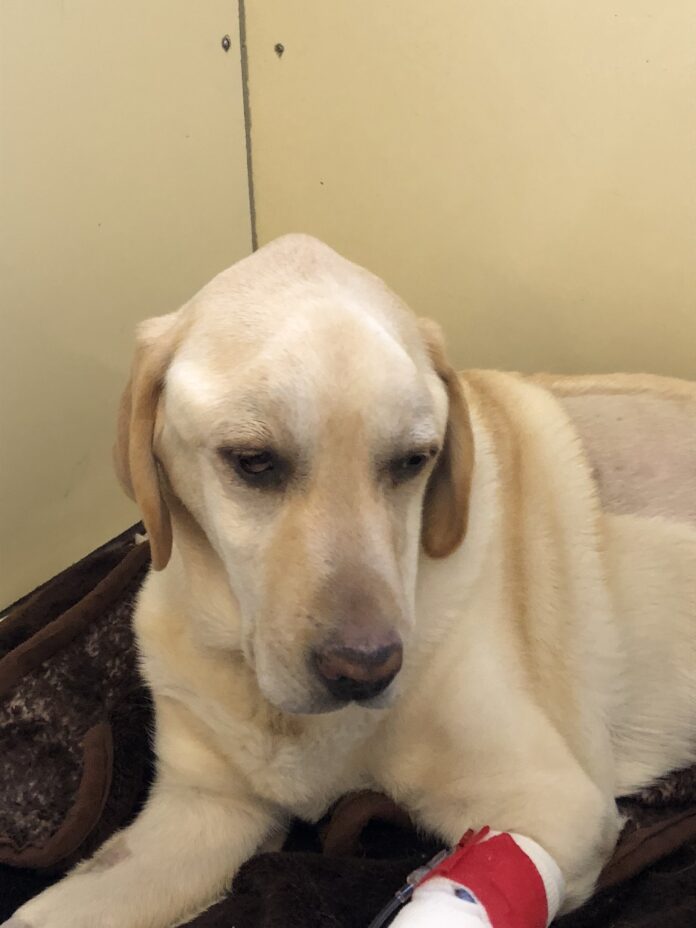The Royal Veterinary College (RVC) is calling for owners of dogs in the UK with autoimmune diseases to take part in a vital piece of new research, which aims to gather data and insight into the diagnosis, treatment response and outcomes of these dogs. This information will then be shared with local veterinary practices and specialist hospitals to help owners and vets make well-informed decisions when dogs are diagnosed with one of these conditions.
Autoimmune diseases are encountered frequently in dogs, often causing severe illnesses that require intensive hospital care and prolonged treatment with immunosuppressive medications. The RVC alone sees between 50-100 dogs with immune-mediated diseases each year, with many more never being referred for treatment at specialist hospitals. In some cases, however, treatment causes side effects that can have a negative effect on quality of life. To address the current shortage of information and aid the veterinary community, researchers at the RVC have developed a new observational study, named ImmunoRegistry.

The registry will gather information about dogs that have been recently diagnosed with an autoimmune disease, following them in real-time over a one-year period to find out how they respond to treatment. Once enrolled, owners and vets will be contacted at regular intervals using emailed questionnaires to ask for detailed updates about their dog’s progress. Analysis of this information will then be used to answer key questions, including defining the prognosis and risk of relapse for dogs with these diseases as well as whether some breeds or types of dogs develop more side effects from medications than others.
The team aims to collect information from 400 dogs, making it the largest planned study of autoimmune diseases ever conducted in veterinary medicine globally and providing an important resource for future study.

James Swann, postdoctoral fellow at Columbia University, New York, said:
“There is an urgent need to optimise the treatment of dogs with autoimmune diseases, and this study represents an important first step in gathering vital information to make clinical recommendations and guide future research projects.”
Dr Barbara Glanemann, lead researcher and senior lecturer in Small Animal Medicine at the RVC, added:
“This study will be the first time that the treatment and progress of dogs with autoimmune diseases has been investigated outside universities, providing an essential perspective on the challenges faced by affected dogs and their owners in wider veterinary practice.”
Criteria and information for enrolment includes:
- Dogs must have been diagnosed with any of the following conditions in the past 10 days: immune-mediated haemolytic anaemia (IMHA), immune thrombocytopenia (ITP, low platelet count), immune-mediated polyarthritis (IMPA), or steroid-responsive meningitis arteritis (SRMA).
- Owners must give informed consent to participate in the study and allow access to the dog’s medical records and permission to contact their vet
- For owners expressing interest, vets will be contacted to determine the suitability of each case
- Participating in the study will not alter the treatment or management of owners’ dogs in any way
- All personal data will be handled securely and confidentially. Owners can opt out of the data collection at any point.
The project is funded by the Small Animal Medicine Society (SAMSoc), and owners can volunteer to participate in the study by visiting: https://rvc.onlinesurveys.ac.uk/immunoregistry
Help keep news FREE for our readers
Supporting your local community newspaper/online news outlet is crucial now more than ever. If you believe in independent journalism, then consider making a valuable contribution by making a one-time or monthly donation. We operate in rural areas where providing unbiased news can be challenging. Read More About Supporting The West Wales Chronicle

























